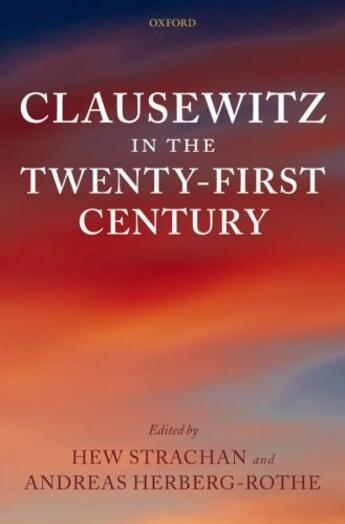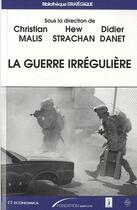-
Nombre de pages : (-)
-
Collection :
(-)
-
Genre :
(-)
-
Thème :
Non attribué
-
Prix littéraire(s) :
(-)
Résumé:
Clausewitz's On War has, at least until very recently, been regarded as the most important work of theory on its subject. But since the end of the Cold War in 1990, and even more since the 9/11 attacks on the United states in 2001, an increasing number of commentators have argued that On War... Voir plus
Clausewitz's On War has, at least until very recently, been regarded as the most important work of theory on its subject. But since the end of the Cold War in 1990, and even more since the 9/11 attacks on the United states in 2001, an increasing number of commentators have argued that On War has lost its analytical edge as a tool for understanding war. They have argued that Clausewitz was concerned solely with inter-state war and with properly defined armies, and that the sorts of conflicts which he discussed are therefore part of a historical pattern which dominated Europe between 1648, the end of the Thirty Years War, and 1990 itself. Some have gone further, and suggested that Clausewitz's best known aphorism, that war is a continuation of policy by other means, is not only irrelevant today but also inapplicable historically. Clausewitz in the Twenty-First Century reconsiders the principal themes in Clausewitz's writings from a contemporary perspective, and finds in them much more inspiration and insight than these generalisations allow. Embracing the perspectives of history, philosophy and political science, the book reconsiders both the text and its current implications. Traditional interpretations of On War are put into fresh light;
Neglected passages are re-examined; and new insights are derived from the conjunction between Clausewitz's text and today's challenges.
This book is a project of the Oxford Leverhulme Programme on the Changing Character of War.
Donner votre avis















